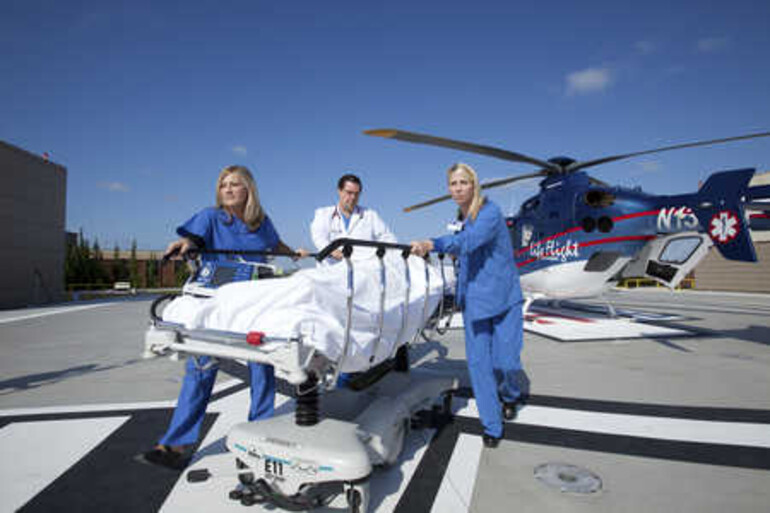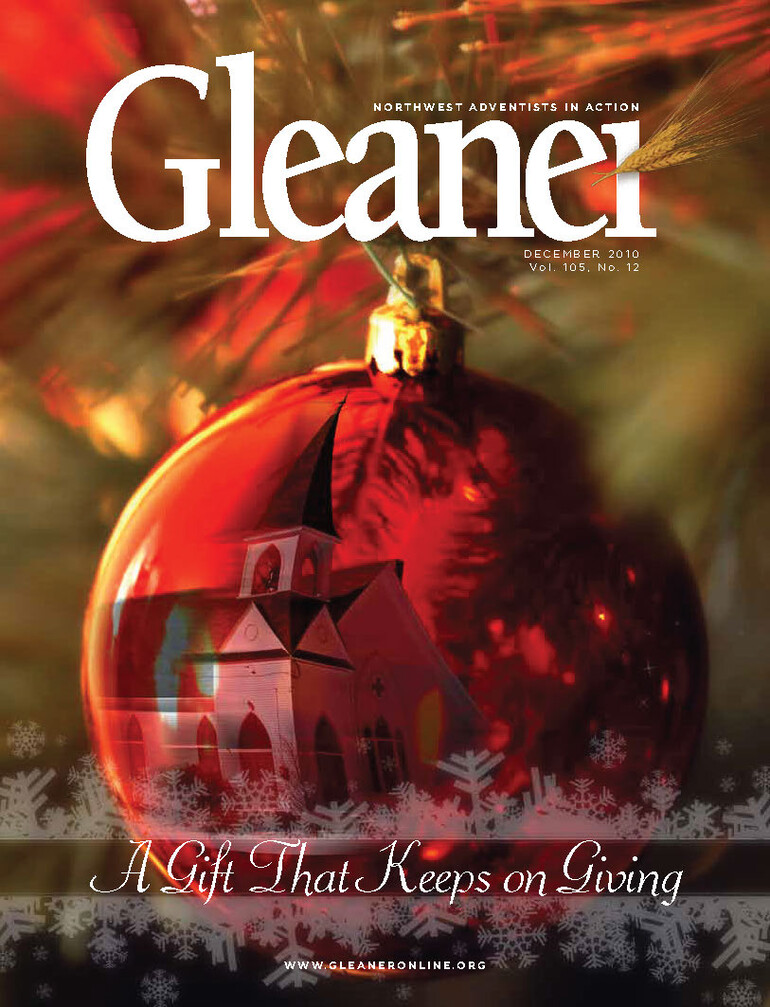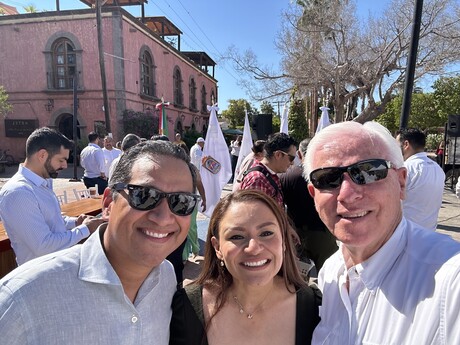Imagine living in a small town and not having convenient access to health care — in this case cardiac care — that could save your life. This was the issue for residents in the rural, seaside community of Tillamook, Ore.
Hospital leadership at Tillamook County General Hospital recognized the need for a higher level of cardiac care close to home for residents in the community. The idea of collaborating with Portland, Ore., Adventist Medical Center's nationally accredited chest pain center, Northwest Regional Heart Center was a natural one since both TCGH and AMC are part of Adventist Health.
“We want to bring services into our community so people can stay close to home,” says Gina Seufert, TCGH medical clinics' director. “Because we are both part of Adventist Health, TCGH can share resources and collaborate with AMC to offer patients a higher level of service that they might only be able to find in a larger community.”
Through this collaboration, Mark Hart, M.D., and Ron Chelsky, M.D., both from AMC, offer their services to patients in Tillamook five days a month and see approximately 7–10 new patients every day they are there.
“The Northwest Regional Heart Center offers TCGH a whole gamut of services, such as treadmill tests, consults, ER visits and cardiology,” says Jim Pelch, AMC cardiovascular services executive director. “This is what we are in the business to do — provide a high level of health care and quality services that otherwise would not exist.”
Collaborations like this are common throughout Adventist Health. Being a part of a system that offers support and resources between hospitals is beneficial to patients at smaller facilities like TCGH. And even though it’s extra work for the physicians, who have to commute more than 70 miles each way to get from Portland to Tillamook, it is all worth it when a life is saved. Take this story for example:
When a patient visited a clinic north of Tillamook with chest pains, clinic staff knew they needed to get him to the hospital fast. He was rushed to TCGH by ambulance, where the Life-Flight helicopter was ready and waiting to take him to AMC’s Northwest Regional Heart Center. When he arrived, the cardiac cath lab team was already prepared for him. It took only 22 minutes to get him from TCGH to the cath lab at AMC. The quick response of Hart and his team saved the patient from permanent heart muscle tissue damage.
“This type of nearly seamless service is very important for patients living in a rural community,” says Pelch. “Communication is the key; in this case, everyone was ready throughout the whole system. That is what the strength of this collaboration can accomplish. ”











